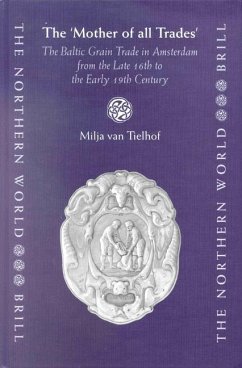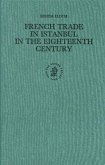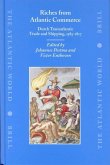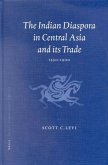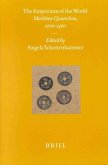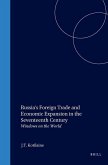In the early-modern period, the Dutch called the grain trade on the Baltic the 'mother of all trades', as they considered it to be the basis of most of their trade and shipping and indeed the cornerstone of the Dutch economy. For a very long time the mass grain exports from the Baltic were dominated by the Dutch, and Amsterdam was the central entreptt from which the grain was distributed over the Dutch hinterland and the rest of Europe. This book aims to present a general history of the 'mother of all trades' and particularly shows the fundamental importance for transaction costs, including the costs for transport, insurance and protection, the quality of the local services sector in Amsterdam, the influence of monetary and mercantile policies, and the efficiency of trade organization.

